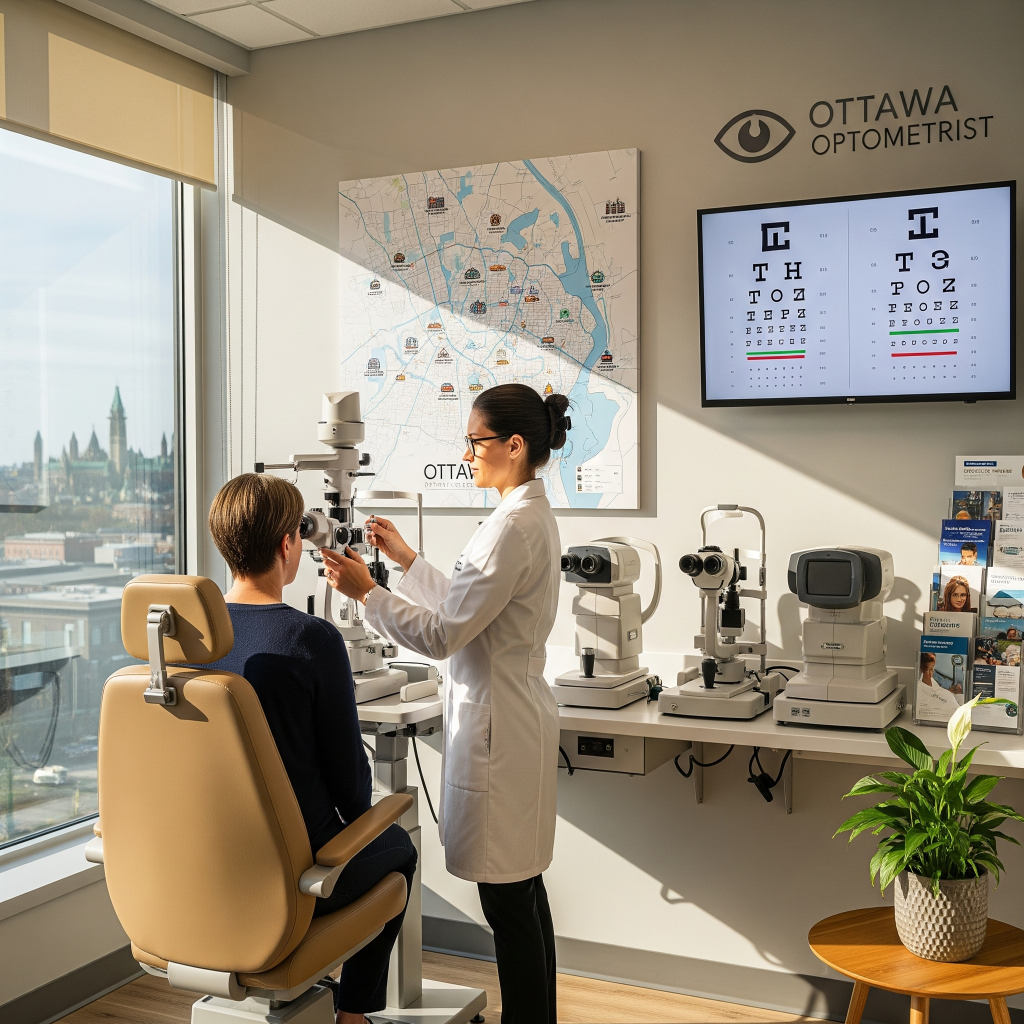
1. Vision Care Is More Than Just 20/20 Vision
It’s easy to assume that if your vision seems clear, you can skip eye exams. But regular preventative check-ups do far more than test acuity. They catch early, often silent signs of serious conditions like glaucoma, macular degeneration, and diabetic retinopathy where treatment works best before symptoms arise. This proactive approach can protect your sight for the long term.
2. Eyes Reflect Your Whole-Body Health
Your eyes are not just portals for vision they reveal clues about broader health issues. Eye exams can expose conditions such as diabetes, hypertension, and high cholesterol, sometimes before other symptoms emerge. In this way, routine exams serve as an early detection tool for systemic diseases.
3. A Closer Look: What Happens During an Eye Exam
A full preventive eye exam involves more than reading charts. It typically includes tests for peripheral vision, depth perception, color vision, eye alignment, internal eye pressure, and retinal health, often with pupil dilation and imaging. These thorough evaluations enable early detection of eye and health conditions even if you think your vision is fine.
4. Tailored Frequency Based on Your Risk Profile
While general guidance suggests eye exams every two to four years for healthy adults under 40 and more frequently as you age, individuals with certain risk factors like diabetes, family history of eye disease, or recent visual changes should schedule exams annually or as advised by an eye care professional.
5. Protect More Than Sight—Connection to Cognitive Health
Emerging research connects deteriorating vision with cognitive decline. For people over 60, treating issues like cataracts promptly may help preserve brain stimulation, reduce isolation, and potentially lower dementia risk. Regular eye care can support your vision and overall mental well-being, too.
6. Start Early It Pays Off Over a Lifetime
Preventive eye exams aren’t just for adults. Children should be evaluated early between ages three and five and regularly thereafter. Healthy vision supports development, learning, and safety. And because many eye problems begin undetected, consistent check-ups help ensure a lifetime of clear sight.